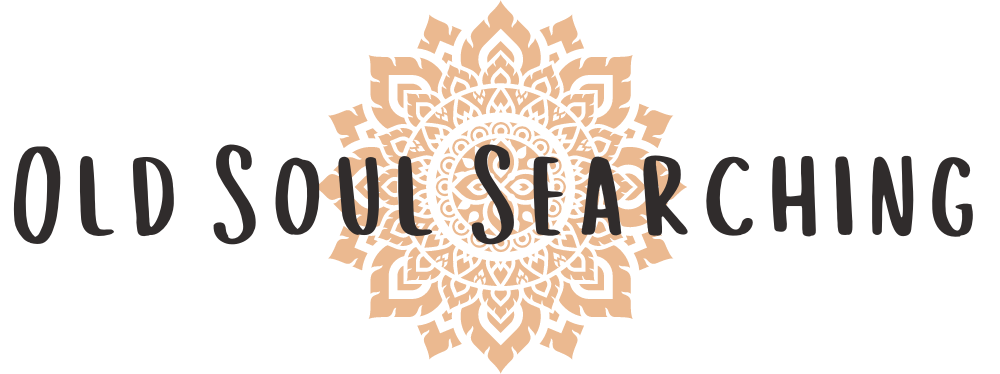. . .
Hello dear readers,
Today I wanted to address the negative stigma that surrounds therapy. As mental health issues continue to rise in the United States, it becomes vital that people have a safe space to explore their feelings and receive help in navigating life’s everyday challenges.
Though an antiquated creed, some people believe that therapy is a verdict only made for people who are destined to involuntarily drool on themselves from the inside of a psych ward. Some people feel that therapy will give their friends and family license to judge them. Some people feel that therapy will prove ineffective. And others simply don’t feel ready to tear open old wounds. These feelings are all valid, however, a lot of it is just the result of our brains being resistant to change.
Shining a light on our own shadows takes bravery. And those who have the courage to do so will oftentimes be rewarded with renewed insights, improved self-concept, healthier communication, a stronger ability to manage emotions, and relief from the stubborn symptoms of anxiety and depression. Of course, this list only touches on a few of the potential benefits of therapy. Though, it is mainly on the individual to put in the work if he or she wants to see lasting results.
I can’t tell you how many anxious, depressed, substance abusing, or even suicidal people I meet who don’t have a therapist. And these are people with top-notch health insurance plans who have the ability to hold their sessions virtually, which only adds to the convenience of squeezing a fifty-minute session into their busy schedules. I hardly meet a person who I think wouldn’t experience more joy in their lives if they let their guard down and implemented the advice of a trained professional.
I think COVID has helped to slowly reduce the stigmas associated with therapy since the demand for personal help has increased, but I still think we have a long way to go. According to the 2023 key findings in Mental Health America, over 54.7% of adults within the United States with mental illness do not receive treatment. This totals over 28 million individuals.
Mental illness can be anything from post-traumatic stress and bipolar disorder to anxiety and major depression. It can be long-term, short-term, constant, or occur only when triggered. What each condition has in common, is that they can ultimately become life-threatening if proper self-care is not practiced. A person’s disgust in their body image can easily translate to an eating disorder, just as a person’s depleting self-esteem can translate to self-harm or multiple suicide attempts. What makes it worse is that one disorder can often lead to another, meaning mental health is much more interconnected than we realize.
Sometimes all it takes is one negative thought to infect the entire nervous system. Like spilling piscicides in a fish tank, it can destroy every living thing it’s near. Therapists help to get to the source of our issues, so that we aren’t demolished by these thoughts. They build us up, give us space to reflect, and make us not feel so pitifully alone.
There is nothing wrong with admitting when you need help. There is something wrong, however, when the person in need of help lets his or her emotions completely take over and then acts impulsively. This is always when disaster likes to strike. Trust me when I say, therapy can only make you stronger. At first, it will feel like you’re coming apart at the seams, but eventually, you will feel the most like yourself that you’ve ever felt. It’s hard to imagine that after years of allowing our mental health to steer us off course.
Confronting any problem in life requires humility, and a whole lot of effort. It’s the same as when we are our problem. We must approach ourselves with grace and an open mind. This is the only way solutions are found. That’s why I believe in the importance of reducing the stigma surrounding mental health today. If we can learn to understand the limits of poor mental health, we can have more discussions about the ways in which it can be improved. They say that the first step to solving any problem is to acknowledge that there is a problem. Mental health is the problem America needs to acknowledge. From there, we can eventually break this stigma once and for all.
. . .
Photo by Holly Mandarich on Unsplash
Subscribe to Old Soul Searching and get more motivational insights straight to your inbox!





1 comment
деньги займ на карту быстро [url=bystryj-zajm-na-kartu-bez-otkazov-onlajn.ru]bystryj-zajm-na-kartu-bez-otkazov-onlajn.ru[/url].